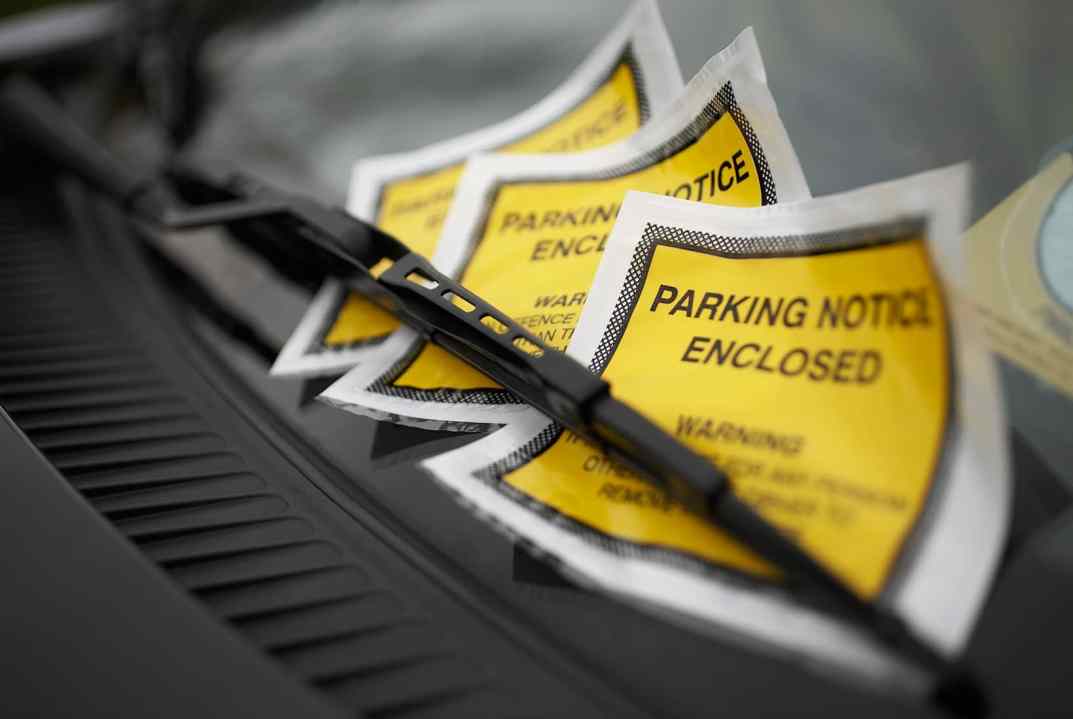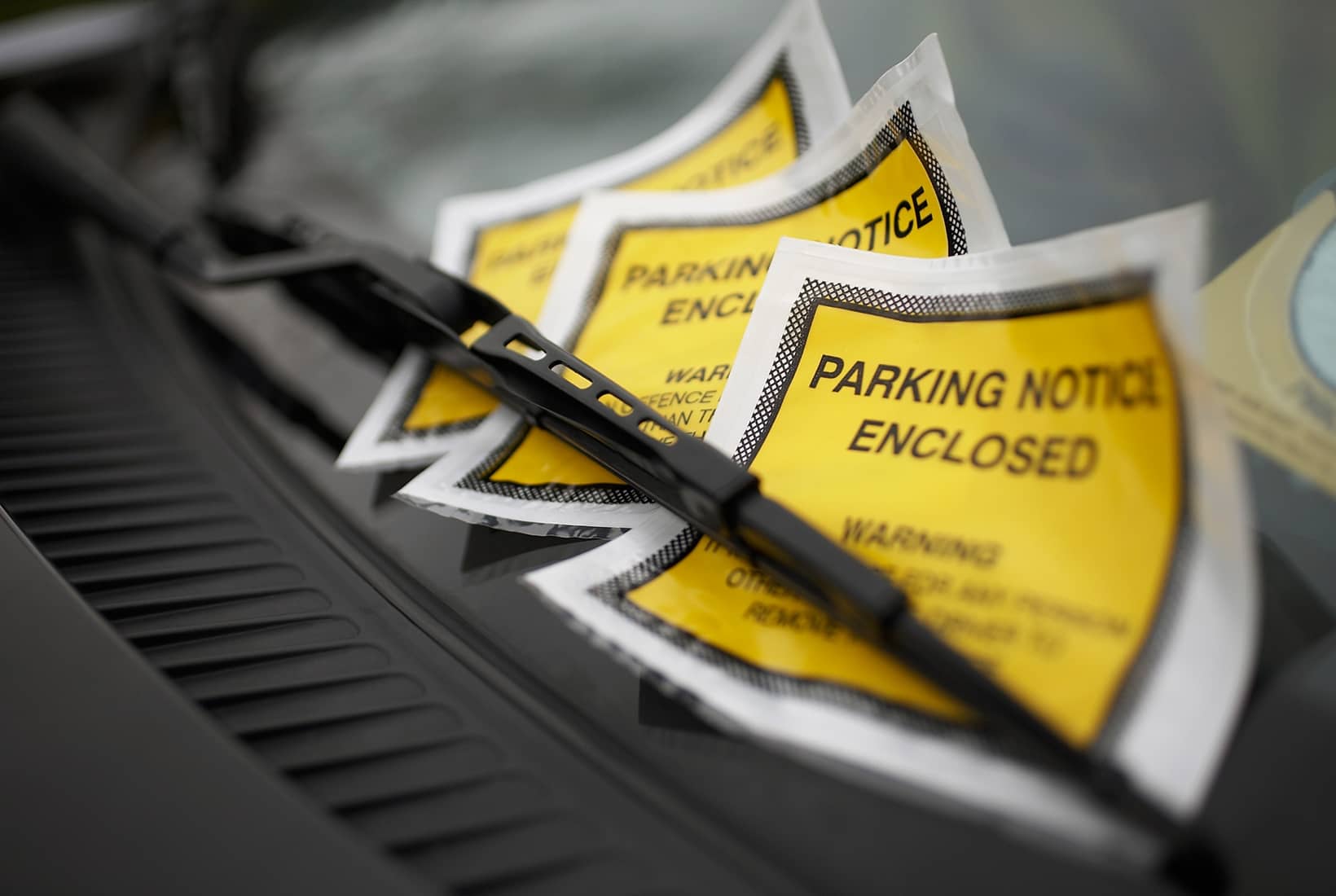My driveway now lies in the middle of an ‘Average Speed Check Zone’. It’s a wonderful arrangement – for me – since the slower traffic makes it easier to pull into the road. Yet I am still free to drive through the village like Fangio since average speed check cameras do not record your speed, only time taken between two points. Since I rarely drive past my house without stopping, it barely affects me at all.
It’s symptomatic of a wider problem. To what extent can we truly rely on technology to replace human judgment in the administration and enforcement of rules?
If a traffic camera catches one person a day, that driver is likely at fault. If it catches 100 a day, something else is wrong
The legalisation of Automatic Number Plate Recognition (ANPR) in private car parks has created a predatory breed of car-park operator, who rely more on fining unwitting offenders than on charging for legitimate parking. You and I would assume that if you pull into a pub car park, sit in the car for ten minutes and then drive off without leaving the vehicle, you have not in any meaningful sense ‘parked’. Yet by failing to notice the deliberately wordy signs informing you that your registration has been clocked, you will soon be liable for a fine of £80, reduced to £40 if you agree to pay quickly – when the original charge you’d failed to pay is often as low as £2 or so.
Even that £40 concession is malicious in a way. It is a minor equivalent of an Alford plea in the United States, where to avoid the risk of the death penalty a defendant pleads guilty despite maintaining his or her innocence.
So £40 is what I paid Heathrow Airport for dropping someone off at Terminal 5. I noticed there was a £5 charge but expected a barrier or a kiosk. There wasn’t one. I duly forgot all about it for 48 hours, by which time it was too late. I have worked in advertising for 30 years. Believe me, while it is quite difficult to display information in a form where everyone pays attention to it, conversely it is very easy indeed to convey information in a form which attracts no attention at all. A long screed about parking charges listing a web address and displayed at a point where the driver is busy trying to navigate Heathrow’s Kafkaesque road network definitely falls into the latter category.
This means ANPR – and often speed cameras and bus-lane cameras, too – pose a dilemma in asymmetric calibration known as a ‘Wittgenstein’s ruler’. When you measure a table using a ruler and get an unexpected result, then (unless you are Vladimir Putin) it is possibly the ruler that is odd, not the table. Hence if a traffic camera catches one person a day, that driver is likely at fault. If it catches 100 people a day, your camera or your signage – or the speed limit or bus lane itself – may need rethinking. Likewise if 1 per cent of people fail to pay to drop off a passenger at Heathrow, it may be their fault; if 5 per cent of people fail to pay, it’s probably Heathrow’s fault. Yet, as things stand, the worst cameras are deemed the most effective – and are most profitable.
If by law 95 per cent of fines went to charity, but late payment (the legitimate charge plus £5, say) went to the operator, this practice would end. It could also be ended if the government allowed you to link a mobile number to your car and mandated a text reminder be sent before issuing a fine.
Or there is a neater, Sicilian solution. Since the DVLA is happy to reveal my address to parking operators to allow them to fine me, it is only fair that they should reveal the home address of the CEO of the parking company to anyone who is fined. For good measure, they could helpfully add the names of any children, which schools they attend and what the family dog looks like. It won’t be long before the signage miraculously gets better.







Comments